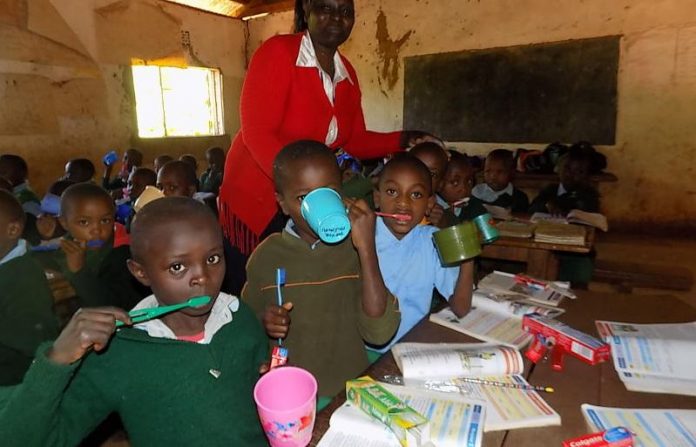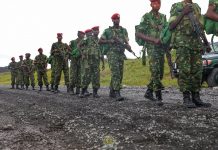challenges experienced in the just concluded grade three assessment.
Recently Kenya conducted its first grade three assessment under the competency-based curriculum, CBC. The ministry of education and the relevant stakeholders saw this as a feasible exercise after the pilot study conducted in 235 schools in 2018.
The roll-out was aimed at testing the competency of early learners. However, the learners are not to be ranked at the end of the exercisehence making it different from the usual exam setup.
During and prior to the roll-out, the schools experienced a number of challenges. some of the challenges included;
Lack of resources
Public primary schools lacked the required resources to facilitate the roll-out. the assessment was sent to the school in soft copy, this required printing hence access to the internet.
It came to our attention that some of the schools didn’t have computers or even printers to carry out the work. Due to this inefficiency, they had to outsource the services in far of places which ended up being costly.
Parental engagement was one of the key components to ensuring the success of the CBC. This required the parents to be actively involved in the learners affair.
However, this couldn’t be achieved if the parent didn’t understand the requirement or lacked the capacity to provide for said child. As a result of this, the responsibility of providing for the student squarely fell back to the schools that also lack the required resources.
Teacher preparedness
The Ministry of Education, Teachers Service Commission and the relevant stakeholders were charged with the responsibility of ensuring that the teachers were well trained.
The trainings were conducted half hazardly and in a rushed manner. This later on impacted negatively on the quality of education offered and the preparedness of the pupils.

Do you have any news or article you would like us to publish? Kindly reach us via outreach@t4d.co.ke or howtodoafrica@gmail.com.




















